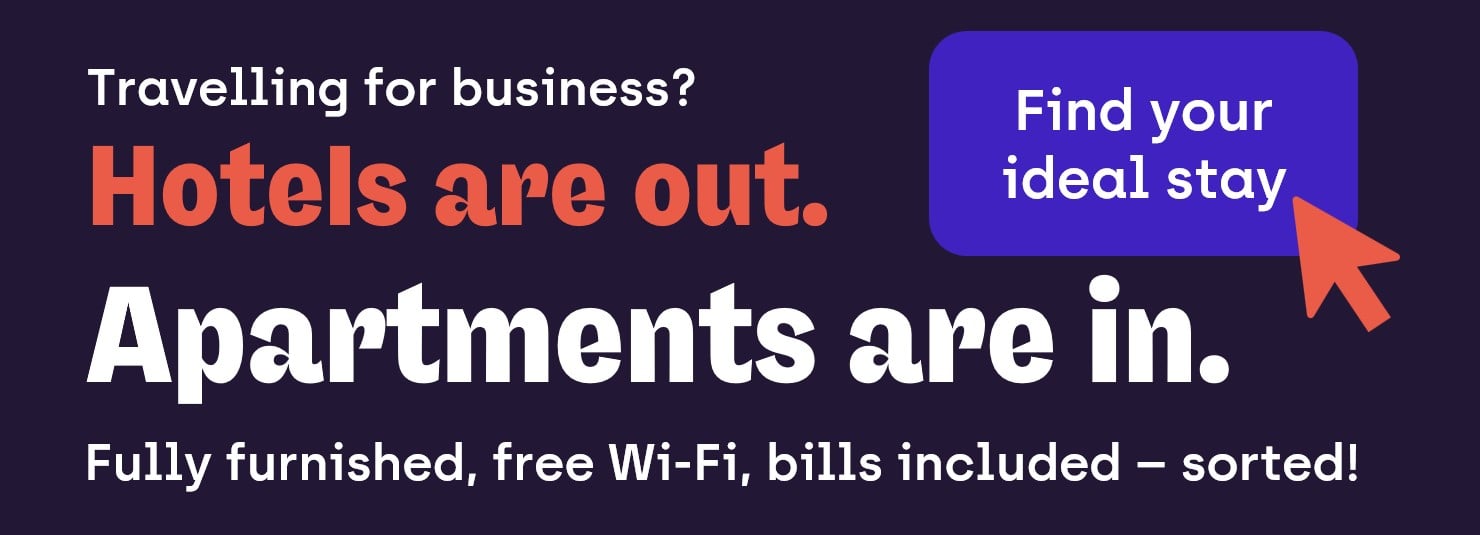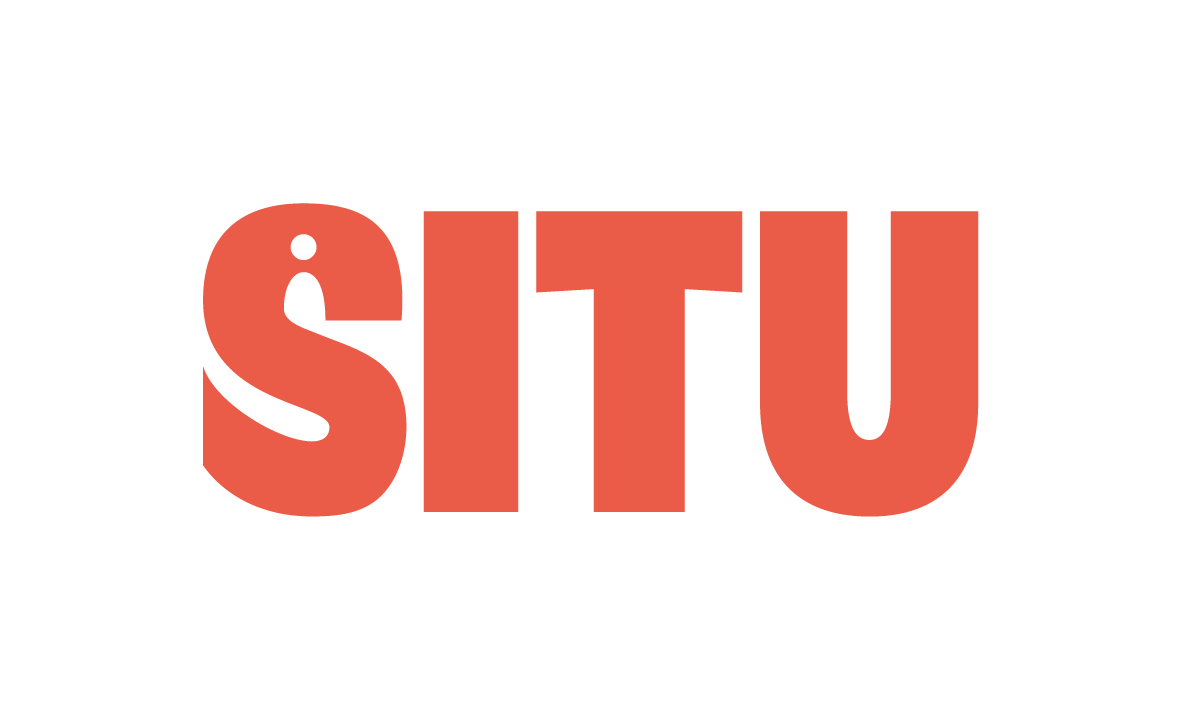In today’s world, many individuals find that their dream job is abroad. Workforce mobility and professional relocations are also quite common. However, expats experienced in job hunting abroad will agree that the interview and CV standards differ from country to country. What might be considered a perfectly structured CV for Europe might go straight to the rejection list in Japan.
So, for all of you out there waiting on your next big challenge, here are some tricks and tips to help you get hired in countries considered global mobility leaders.
Japan

CV and Cover letters
CV, or Rirekisho as the Japanese call it, should strictly follow the rules and conform to what is called a Japanese-style resume. Rirekisho should be 2 pages long and should include your photo. The Japanese handwrite their resumes, so make sure you write one by hand and bring it with you for an interview.
As for the cover letters – it is very common to start with “My name is” followed by the position you are applying for. The second paragraph should include reasons why you are leaving your current job and in most cases, this information is a must. You also need to underline exactly why you are applying for the job and what you will be able to bring to it.
Sign it off with a commonly used Japanese phrase “sorry to bother you when you are so busy and thank you for consideration.“
Interview and Unwritten Rules
Japanese stick to teikeiteki na apurōchi, (formulaic approach). You will be asked about your background, why you want to work for this company and about your strengths and weaknesses.
When talking about your weaknesses make sure you only mention those that are not relevant for this specific job. If you’re applying as a chef, say your weakness is public speaking.
It is important to know that you are being tested from the moment you enter the lobby or the waiting room. DO NOT play on your phone while waiting. Never sit down until you made your greetings. Don’t offer a handshake first – bow. Handshakes are ok only if the interviewer offers you one.
When given a business card take a good look at names and positions and then place them in front of you. Do Not put them in your bag or pocket or you will be considered disrespectful.
Always add an honorific to the interviewer’s name, make sure you call them name plus – San. San can be translated as Mr. or Mrs. and using the suffix after a person’s name is fundamental to proficient and appropriate speech. If you do not use San you will be considered clumsy and arrogant.
Russia

CV and Cover letters
In Russia, you will have to make sure your CV is typed and not handwritten. It can be over one page but should fit in two A4 pages, no more. They like it when you can provide as many details as you can.
Job descriptions for Russian CV’s should not be vague or too descriptive. Don’t make them guess, say it as clear as you possibly can! As for cover letters, make sure you don’t repeat your CV. Do not brag or plead – some might say it shows enthusiasm to say it is your dream job and you promise to work hard, but in Russia, this isn’t acceptable. Being original and bringing your personality into your application isn’t seen as positive. So, be as direct and as relevant as you can.
Interview and Unwritten Rules
You will typically have at least two interviews, one with the HR manager and the second one with your future supervisor.
Remember to bring photocopies of all supporting documents, references, certificates, awards, previous job descriptions, and an extra copy of your CV to every interview.
When asked about your weaknesses, discuss them in terms of how you plan to improve them and how this job can help you to excel. Make sure they know that you not only acknowledge your weaknesses but have a strong, detailed plan on how to turn your weaknesses into strengths.
Russians consider over friendliness and smile fake, so don’t expect them to be super friendly but remember this doesn’t mean they don’t like you so don’t let it get to you.
You might be asked what your star sign is, as they believe your star sign can reflect your character. Yep, you read this right, so it might be a good idea to take a look into at the details attached to your star sign. As an example, I am a Taurus, reliable, practical and ambitious.
France

CV and Cover letters
It’s ok if your CV is longer than one page, however, only if it’s because it’s beautifully designed and well structured. Keep the information brief and to the point. Structure your cover letter professionally and make sure it has a professional layout and only contains information relevant to the job.
Use Madame and Monsieur and Vous instead of Tu.
Interview and unspoken Rules
The above rule goes for the interview too. Always stick to formal Vous and avoid chit-chat. In some western cultures it is ok to break the ice, but not in France. No one wants to talk about their weekend plans or weather – you are here to discuss your job! However, be prepared, they might ask personal questions like your marital status or if you have any children. Even though you keep hearing that everyone in France kisses when they greet, do not try to kiss your interviewers. A firm handshake always gives a better impression.
France is known for its many free smoking areas and people being relaxed about smoking. But, make sure you don’t have your last cigarette before stepping into the interview room, that is not at all welcome.
USA

CV and Cover letters
Your CV should be one page but include all the relevant information. Make sure you include “employer-centric” career objectives, outlining how it will benefit them to hire you and what aspects you will bring to the position. Always focus on results, numbers, and make sure you lead with action words like grew, built, increased, led.
Don’t talk in generalities, be specific. Have examples and always make sure you keep bringing it back to the important information. Also, unlike in Europe, you don’t need to include information on your secondary education.
Interview and unspoken rules
Introduce yourself while shaking their hand. Make sure your handshake is not too strong and aggressive, but not too soft either. Body language accounts for a lot in America. Make sure you don’t slouch; don’t fold your arms across the chest as this can be considered as a form of passive aggression; and do not sneak glances at your phone or watch.
Make sure you respect their personal space and always maintain a comfortable distance between you.
Definitely ask questions, but don’t monopolise the conversation. Make sure you answer all of their questions but don’t talk too much. Always be positive and make sure you get through the message that employing you will be valuable for the employers. That you can bring money and success to their company.
Where ever you relocate to, serviced accommodation is the best option for housing while you settle into your new location. Find out more about this form of accommodation in our blog explaining the types of housing we provide.
Then, to discover all the reasons serviced apartments and houses shine for relocation, read our blog, Serviced apartments vs rental accommodation for relocations. Or get in touch with a member of the Situ Team today and we’ll answer any queries you might have.



Comments are closed.